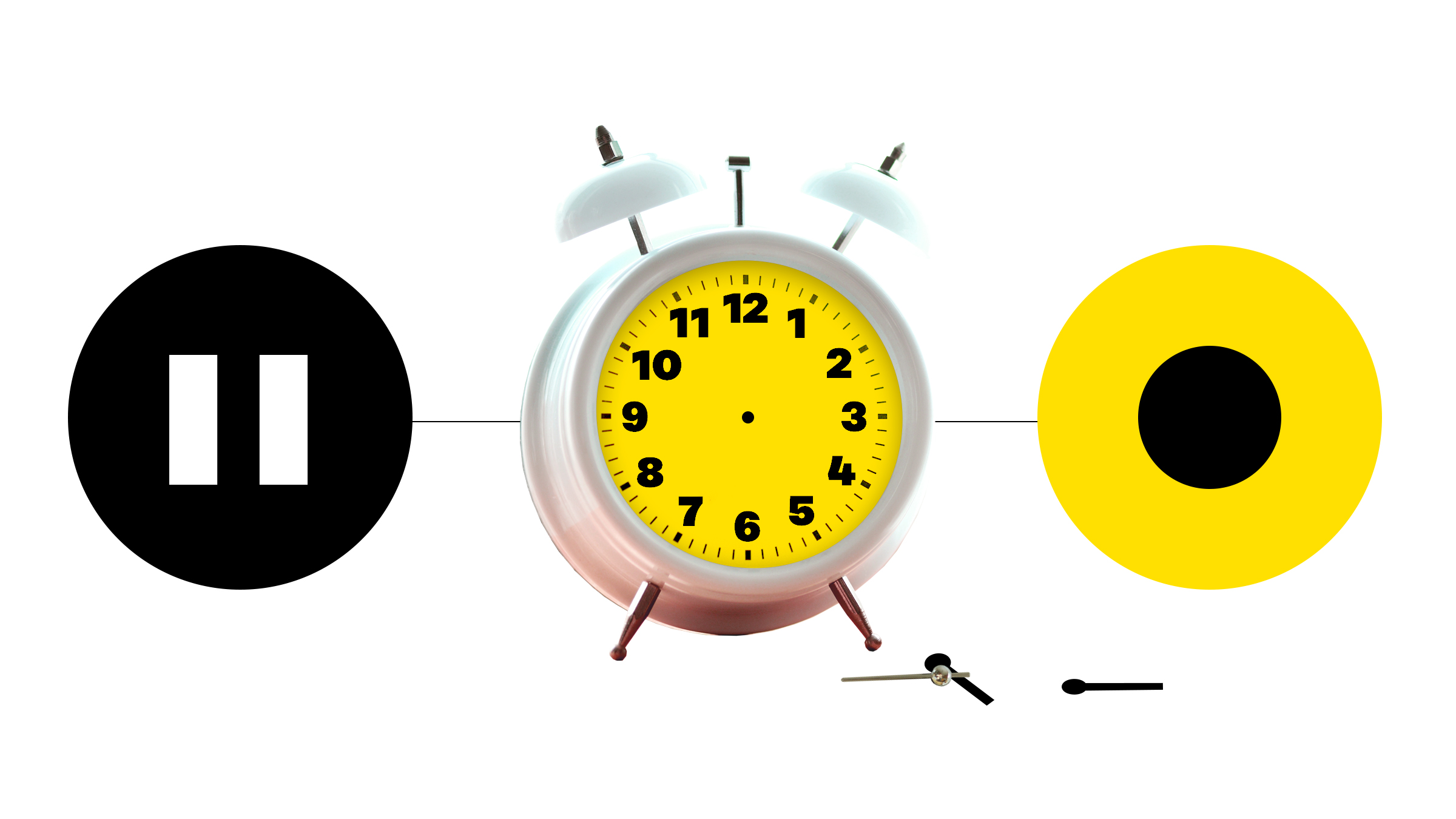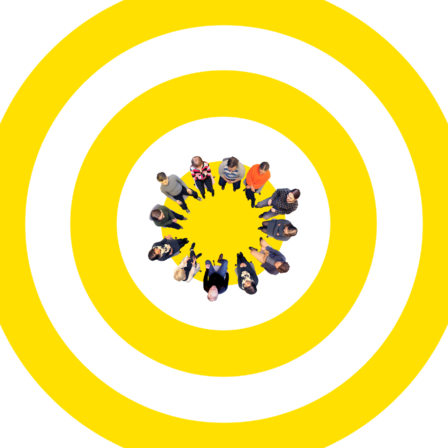If the discussion is preceded by a conflict and the aim is to untangle it, the discussion should be planned particularly carefully. A conflict is a profound disagreement. A conflict may have developed over a long period of time or it may have flared up very quickly.
Dealing with conflicts can be very demanding, and it is not wise for an unexperienced leader of dialogues to jump directly into dealing with one alone. Resolving a difficult conflict demands top-class professional expertise, which many experts have studied and practised for years. Find an experienced leader of dialogues to work with you and support you. High-quality professional expertise in mediation is also available in Finland. Read more on mediation for example in Naapuruussovittelun käsikirja, a handbook on mediating conflicts between neighbours, or on the website of the Finnish Forum for Mediation. You will also find more information through Suomen työnohjaajat ry, the association of Finnish job coaches.
Advance survey
Find out who needs to attend and what issues need to be discussed. Tell the parties what the aim of the discussion is.
Time
Reserve plenty of time for dealing with the conflict. Also agree on when the discussion is continued if the issue cannot be resolved during one discussion.
Introduction
Launch the process by explaining why you have gathered together. Then, go over the structure and the dialogic practices (listening, respecting, relating, speaking directly and examination of different points of view). As the leader, reserve the right to limit and steer the discussion. Emphasise that the discussion is not aimed at reaching an agreement but at understanding each other.
Proceeding
Give the same length of time to the parties of the conflict to explain their experiences and points of view. The others must not interrupt the story, they have to wait for their turn. “What happened? How did you feel about it? What do you find important about the solution?”
When everyone has had the chance to speak, summarise what has been said and specify the main points of agreement and disagreement. It is not necessary to find a solution.
Conclusion
In the end, the group will reflect on whether the matter has become any clearer and whether thereDuring is a need to continue the discussion later. What action should be taken in future?












More tools
Start the planning with these.